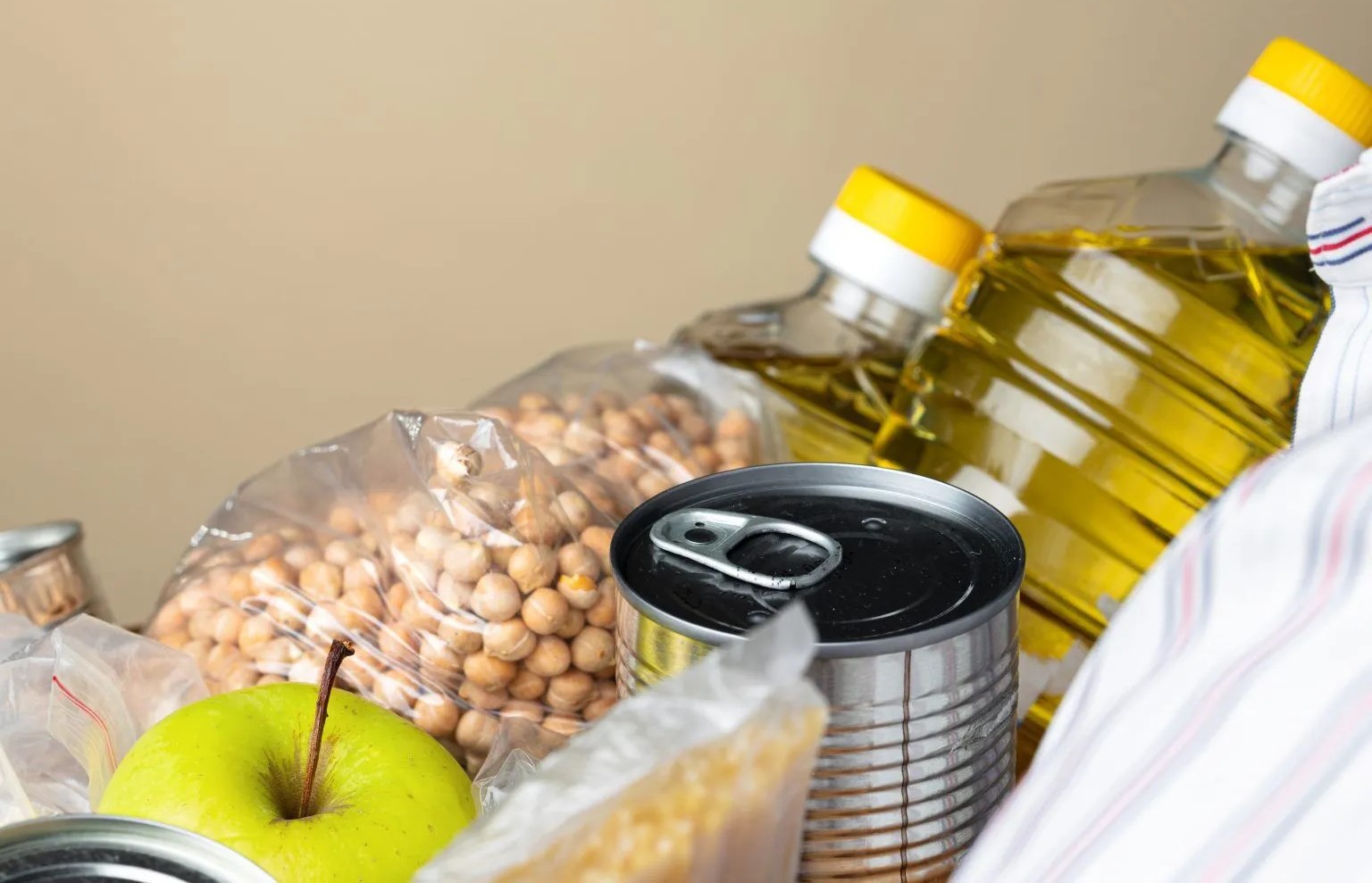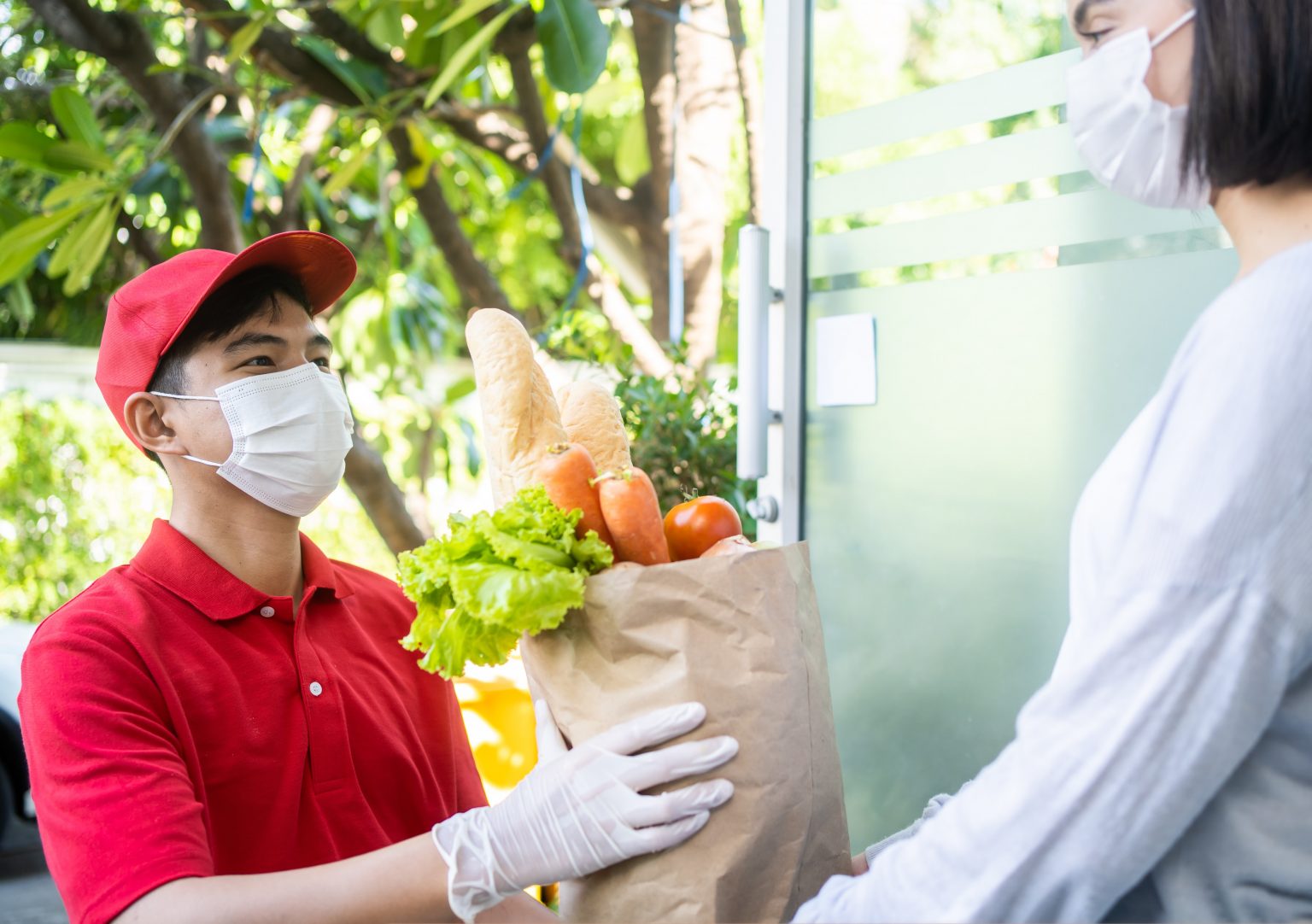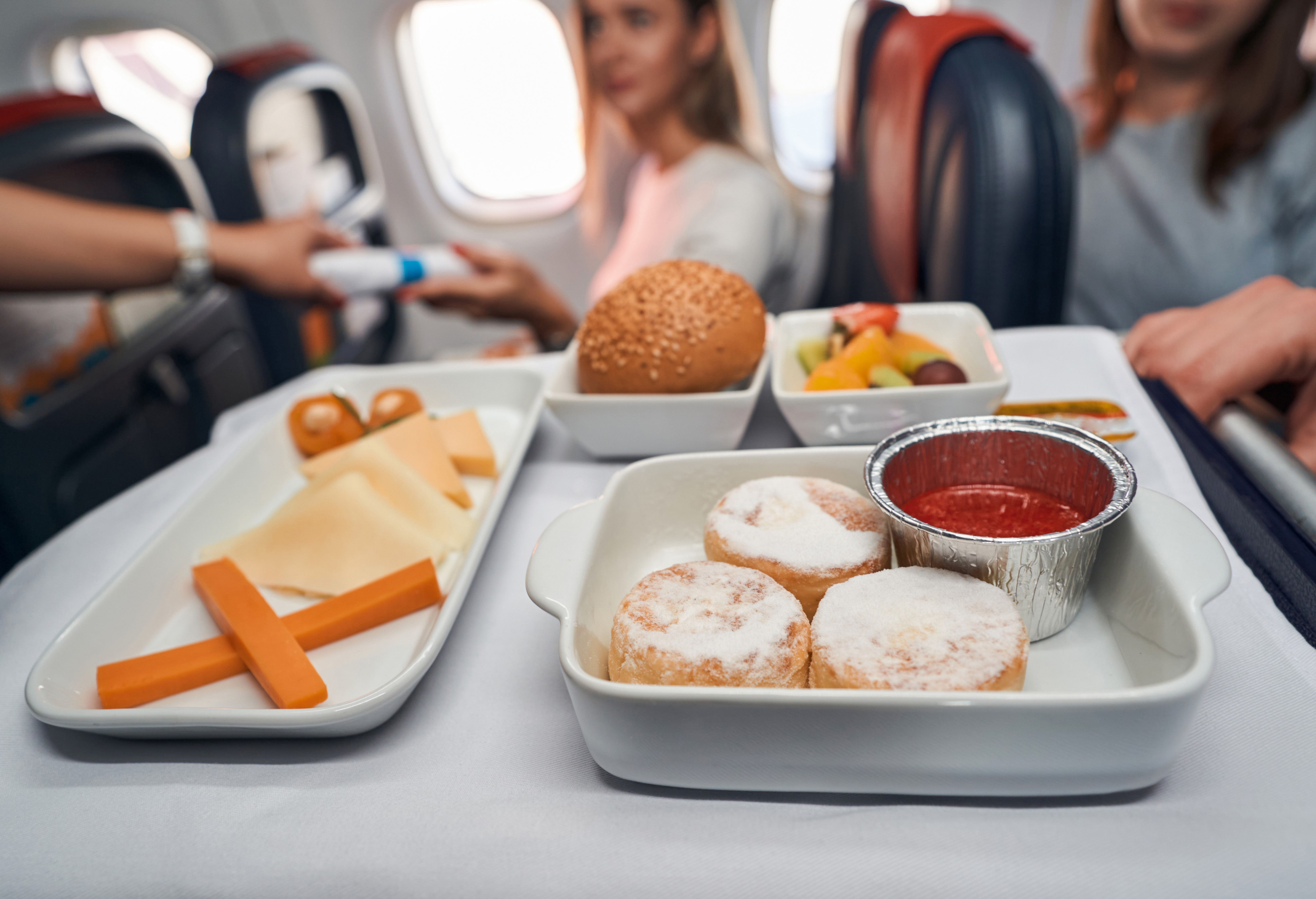Last Updated on July 1, 2024 by Admin
Foodborne illnesses or food poisoning is a significant public health issue worldwide. Some of them are very painful, and the severe instances can lead to hospitalisation or even death. In this article we will learn about the different types of food-borne illnesses, their signs and symptoms, their causes, and how to prevent them. This article will take you through these significant points and advise you on maintaining wellness while enjoying meals.
What is a Foodborne Illness?
A foodborne illness is a health condition caused by eating or drinking something contaminated with dangerous bacteria, viruses, parasites, or toxins. These can lead to a vast range of symptoms, from mild stomach pain to serious life-threatening conditions.
Types of Foodborne Illnesses
Types of foodborne illnesses can be classified by the pathogens that cause them. Examples of common types are
- Infections caused by bacteria:These are brought on by bacteria like Listeria, Salmonella, and Escherichia coli (E. coli). These are some of the most common causes of foodborne illnesses.
- Viruses:Viruses like norovirus and hepatitis A can also make you sick, and they usually do so through dirty water and food.
- Infections caused by parasites:Giardia and Toxoplasma are two parasites that can spread through food and cause serious health problems.
- Toxin-Induced Illnesses:Some bacteria, like Staphylococcus aureus and Bacillus cereus, make toxins that make people sick even when the bacteria are not in the food.
Symptoms of Foodborne Illness
Symptoms of foodborne illnesses can vary depending on the type of pathogen involved but often include:
- Nausea
- Vomiting
- Diarrhoea
- Abdominal pain and cramps
- Fever
- Fatigue
- Muscle aches
In severe instances, foodborne illnesses can lead to dehydration, organ damage, and fatal outcomes. Vulnerable populations such as the elderly, children, pregnant women, and individuals with compromised immune systems are particularly susceptible to the adverse effects of these illnesses.
Causes of Foodborne Illness
There can be various causes of foodborne illnesses, including:
- Improper Food Handling: Contamination can occur anywhere from farm to table. Neglecting proper precautions, like inadequate hand washing or using unclean utensils, can introduce harmful agents, jeopardising the safety of the food.
- Inadequate Cooking: Cooking food at improper temperature and incorrect duration may not kill harmful bacteria or viruses.
- Cross-contamination: This occurs when bacteria or viruses are transferred from one food item to another, often through cutting boards, utensils, or direct contact.
- Unsafe Food Storage: Storing food at incorrect temperatures can promote the growth of pathogens.
- Contaminated Water: Using contaminated water for cooking or washing food can introduce pathogens.
How to Prevent Foodborne Illness
Preventing foodborne illness requires safe food handling, cooking, and storage practices. Here are some practical steps to help you avoid food poisoning:
1. Practise Good Hygiene
- Wash Your Hands: Before touching food, after going to the restroom, and after touching raw meat, poultry, or fish, you should always wash your hands with soap and water.
- Clean Surfaces and Utensils: Regularly clean and sanitise kitchen surfaces, cutting boards, and utensils. When you cut raw meat and other things on the same cutting board, make sure you wash it well between uses.
2. Cook Food Thoroughly
- Use a Food Thermometer: Ensure meats, poultry, and seafood are cooked to safe internal temperatures. For example, cook poultry to an internal temperature of 165°F (74°C) and ground meats to 160°F (71°C).
- Reheat Leftovers Properly: Reheat leftovers to at least 165°F (74°C) to kill lingering bacteria.
3. Avoid Cross-Contamination
- Separate Raw and Cooked Foods: Use different cutting boards and tools for raw meats and ready-to-eat foods. Place raw meats on the lowest shelf of the fridge to keep their juices from getting on other foods.
- Seal and Store Foods Properly: Store food in airtight containers and keep raw meats separate from other items in your fridge.
4. Store Food at Safe Temperatures
- Cool it: Refrigerate perishable goods within two hours of cooking or buying. The freezer should be at or below 0°F (-18°C), and the fridge should be at or below 40°F (4°C).
- Avoid Room Temperature Storage: Do not leave perishable foods at room temperature for extended periods. Bacteria can multiply rapidly between 40°F (4°C) and 140°F (60°C), also known as ‘danger zone’.
How to Prevent Food Poisoning
Preventing food poisoning means eating safe food. Here are some more tips:
- Be cautious with High-Risk Foods: Foods like raw eggs, dairy products that haven’t been processed, and meats that aren’t fully cooked are more likely to make you sick. You need to be aware of the right way to handle and cook such food.
- Stay Informed: Keep up with health officials’ announcements about food bans and safety alerts. Do not eat things that have been recalled because they might be contaminated.
- Educate Yourself and Others: Educate your family and friends about how to keep food safe. Educating people can help lower the risk of getting sick from food in your neighbourhood.
Also Read : Different Types of Food Contamination and How to Avoid Them
The Role of Proper Training in Food Safety
As a customer, knowing that food workers are adequately trained gives peace of mind. When food handlers are well-trained in safe food practices, such as cleaning, cooking, and storing food correctly, the risk of contamination is significantly reduced. Proper training ensures that everyone working with food understands potential hazards and how to avoid them. It makes us feel safer and more likely to trust food establishments, knowing their staff is knowledgeable and dedicated to maintaining high food safety standards.
Conclusion
Learning about the signs and causes of foodborne illnesses and taking the necessary steps can significantly lower your chances of getting sick. Don’t forget that you are the first line of defence regarding food safety. Adding these habits to your daily life will help you and your family stay healthy and avoid getting sick from contaminated food.













